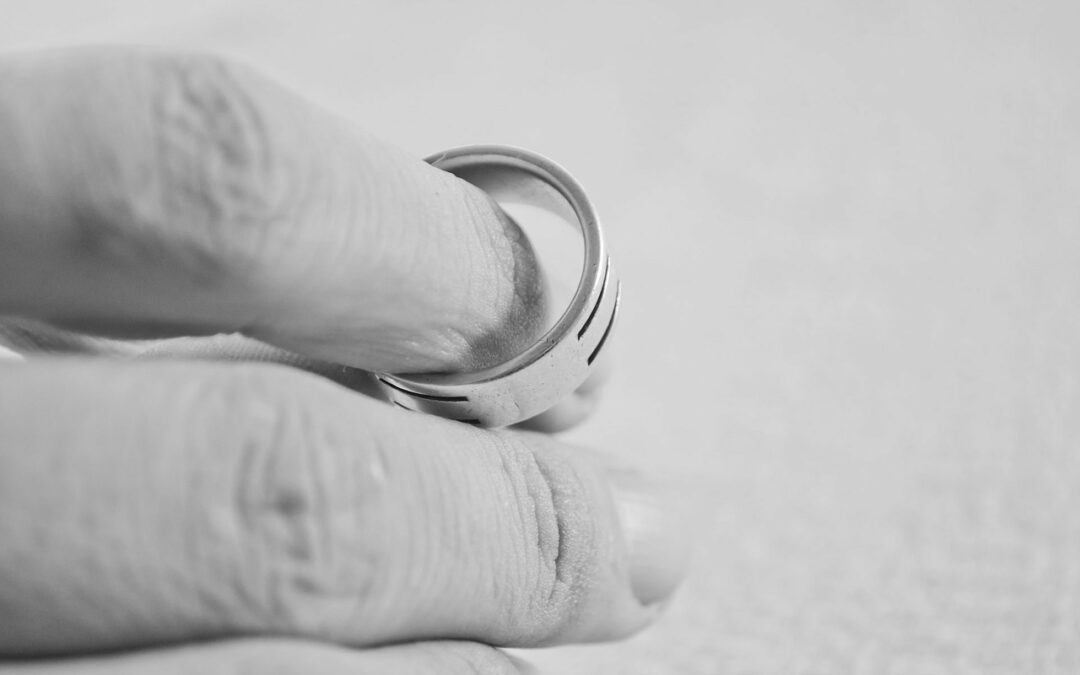A Mini Guide To Pensions And Divorces

If you begin divorce proceedings or dissolve a civil partnership, you should include your pension in your financial settlement. Even when both parties agree on the settlement terms, it's wise to confirm it officially through a court order. Pensions can't be shared when unmarried couples or those still within a civil partnership decide to part ways.
Download Our Client Agreement Here
The Ways Courts Approach Pensions
Usually, a court deals with a pension in the event of a marriage or civil partnership ending in one of three ways.
The first involves you being awarded a share of your ex-partner's pension fund, otherwise known as pension sharing. This is money that you will be paid from your former spouse/partner's pension pot that will be treated like your money.
The second involves the value of that pension fund being offset against certain assets; otherwise known as pension offsetting. So, as an example, your former spouse would keep the full value of their pension but you would keep the home.
The third is known as a pension attachment or pension earmarking. This is where payment is made from the pension pot to the other spouse. Money from a tax-free lump sum can also be directed to a former spouse under this arrangement.
What About The State Pension?
The way your State Pension is affected by divorce will depend primarily on which State Pension you actually get.
If you have a basic state pension, it can't be shared in the event of divorce proceedings. A divorced person is allowed to use their former spouse's National Insurance contributions to bolster their own basic State Pension, without affecting the value of that former spouse's pension. If there is an additional State Pension in place, a court order may direct it to be shared. Bear in mind that you'll lose your access rights to that money if you remarry or enter a new civil partnership.
If you receive a new State Pension, it cannot be shared if you divorce or dissolve your civil partnership. If there is a "protected payment", there could be a court order directing it to be shared as an additional payment made on top of the full State Pension.
Finding Out More
For more information about how your pension might be affected in the event of a divorce, seek the advice of a qualified and experienced legal professional. Contact Integritas today to find out the status of your pension if you divorce or end your civil partnership.
Download Our Client Agreement Here
Image source: Pixabay






